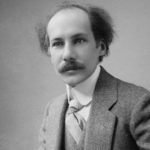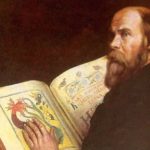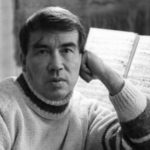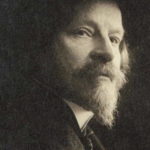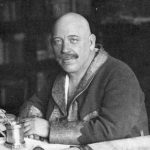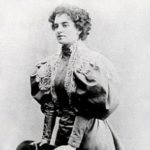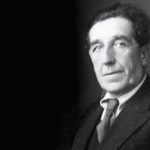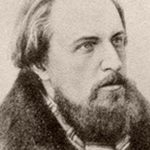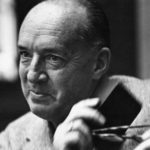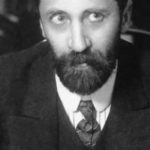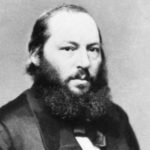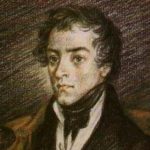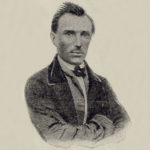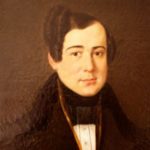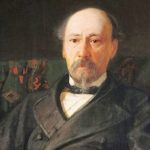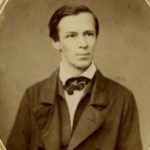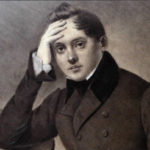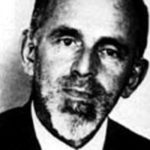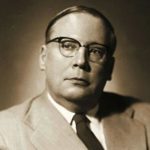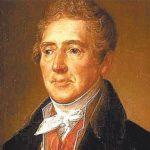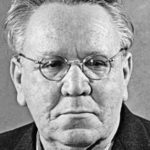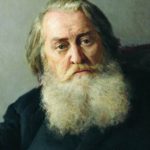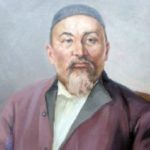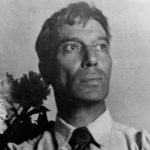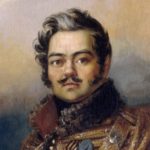Interesting facts about Valery Bryusov
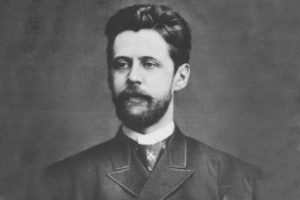 Russian, and later the Soviet poet Valery Bryusov was noted in history as a man who stood at the origins of Russian symbolism. His biography can be read as an interesting book – the life of a poet is replete with curious facts, even if one abstracts from his creative work. And it seems all the more surprising to compare his personality with the poems that he wrote.
Russian, and later the Soviet poet Valery Bryusov was noted in history as a man who stood at the origins of Russian symbolism. His biography can be read as an interesting book – the life of a poet is replete with curious facts, even if one abstracts from his creative work. And it seems all the more surprising to compare his personality with the poems that he wrote.
The grandfather of the future poet was a serf. He managed to redeem himself from captivity, after which he moved to Moscow.
A large part of Valery Bryusov’s life has passed in Moscow, he was born in this city and died.
Having succumbed to the influence of his father, a gambling man who had lost a lot of money at the races, Bryusov and himself became interested in them. His first publication was an article protecting the sweepstakes from attack.
The poet’s family was far from religion, and he himself in adulthood shared these ideas.
As a child, Valery Bryusov was read by the novels of Main Reed and Jules Verne.
Young Bryusov spent four years in a private classical gymnasium, from which he was eventually expelled for promoting atheism.
The first thoughts about taking up literature came to the poet at the age of thirteen.
One of his hobbies was philatelism – collecting stamps.
One of the idols of Bryusov was Nekrasov.
He wrote his first poem at the age of eight.
When Valery Bryusov was 20 years old, he wrote a letter to the famous poet Verlaine, in which, without undue embarrassment, he called himself the founder of Russian symbolism. What is interesting, the descendants subsequently agreed with this statement.
The poet preferred to go to work, to the editorial office, which he headed, on foot. When asked why he would not hire a cab driver, he replied that he was drawing inspiration from walking around Moscow.
For many years, Valery Bryusov suffered from dependence on morphine.
His poem “The Pied Piper” was set to music by the famous composer Rachmaninoff (see interesting facts about Rachmaninoff).
Contemporaries described the character of Valery Bryusov as rather heavy. He hardly found a common language with other people, and, most importantly, did not try to do this.
At one time he also had a friendship with Konstantin Balmont, but it lasted only a few years. Subsequently, Bryusov criticized the work of his former friend, allegorically referring to his poems as “the cooled ashes of Tyutchev’s poems”.
For the translation of the book “The Poetry of Armenia from Ancient Times to the Present Day,” he received the honorary title of the national poet of this country.
The only marriage of Bryusov lasted twenty-four years. The poet died, without leaving behind descendants.
The writer was a member of the Masonic Lodge.
Valery Bryusov translated into Russian a lot of works of such writers and poets as Byron, Meterlink, Oscar Wilde and Victor Hugo.
He took part in the First World War as a war correspondent.
In addition to writing poems and translations of foreign literature, Valery Bryusov was also a literary critic.
He became famous for his poems, but his legacy includes works in the prose genre.
After the revolution, Bryusov joined the Communist Party.
When the poet turned 50 years old, he received a certificate of honor from the Soviet government, which recognized his services to the state.
One of Bryusov’s love hobbies was the poet Nadezhda Lvova. After breaking up with him, she shot herself dead.
During the life of Bryusov, trying to portray a large number of followers of the foundations of the Russian symbolism laid by him, he published his works under three dozens of different pseudonyms.
